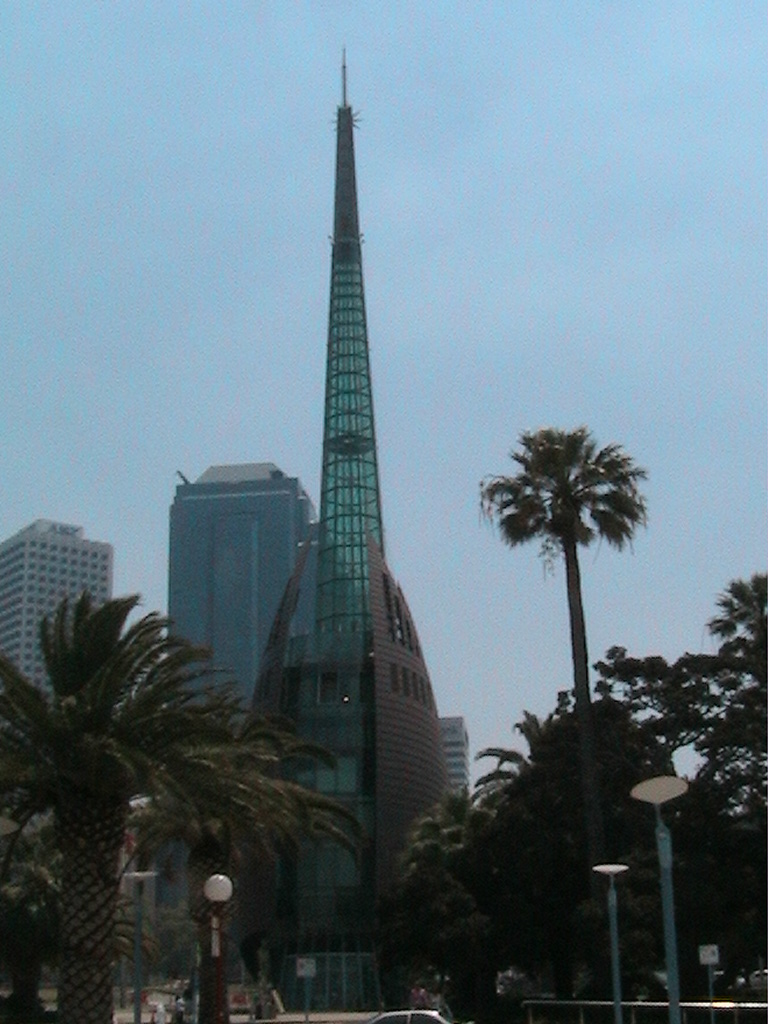As Australian steel and aluminium face new tariffs in the US, we will soon confront the challenge of global uncertainty.


As Australian steel and aluminium face new tariffs in the US, we will soon confront the challenge of global uncertainty.

Iran’s state media has faced sanctions for broadcasting coerced confessions. Why is it still allowed to operate in Australia?

Coalition MPs advised to dampen expectations for a referendum on criminal dual nationals

Hey journalists and puzzled Aussies, just a reminder that we use DD/MM/YY here! It can get super confusing without a unified approach. For some reason, many journalists prefer the MM/DD/YY
The imposition of US tariffs on Australian steel and aluminium is definitely a concerning development, as it could lead to increased costs for manufacturers and further strain the supply chain. In addition to affecting prices, these tariffs could also create uncertainty in the market, impacting investment decisions and long-term planning for many businesses.
To address this challenge, it’s crucial for Australia to explore new trade partnerships and strengthen existing ties with other countries. Diversifying export markets can help mitigate the impact of tariffs. It may also be beneficial for the government to consider supportive measures for affected industries, such as providing financial assistance or incentives for innovation and efficiency improvements.
As we navigate this period of uncertainty, it’s important for businesses to stay agile and informed, adapting to the evolving landscape while advocating for fair trade practices on the global stage. How do you think Australian industries should respond to these tariffs?